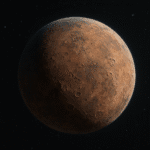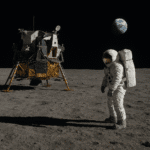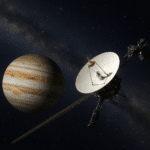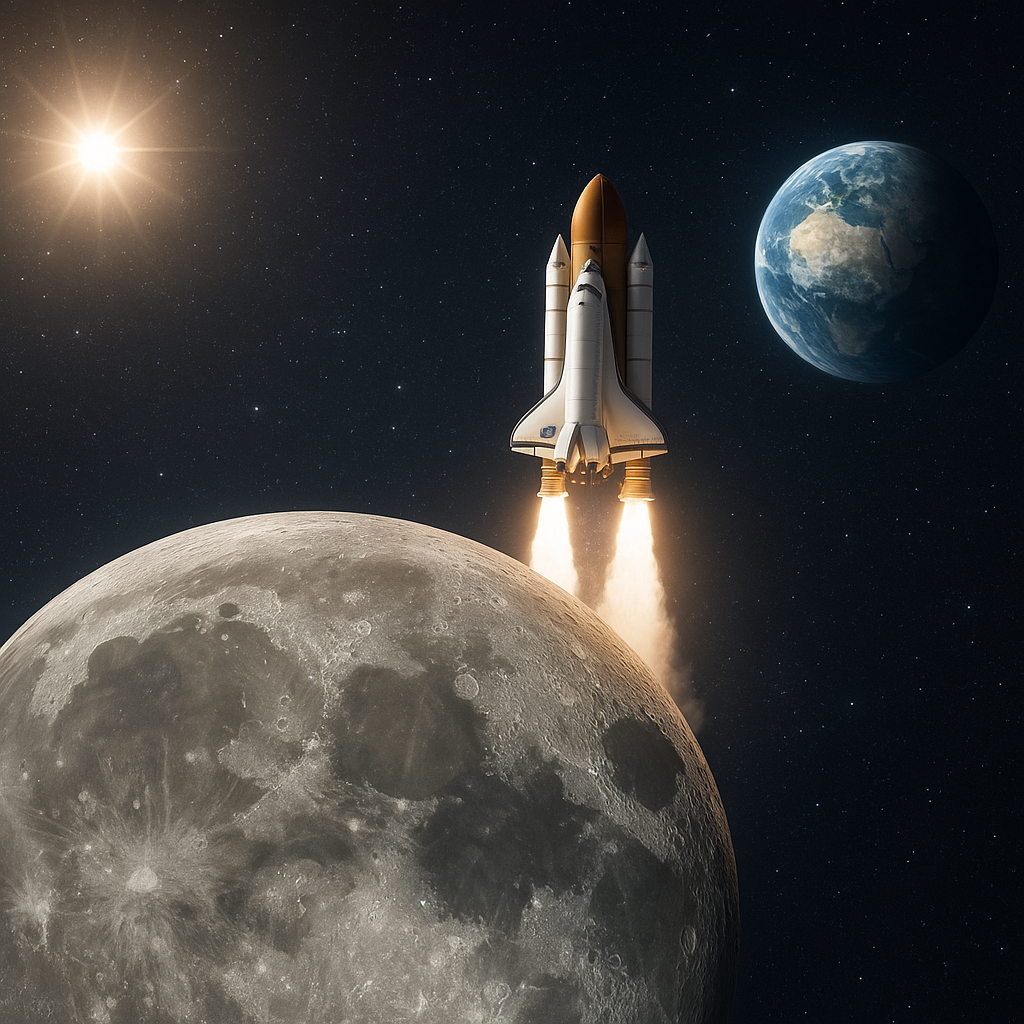Quantum computing, a groundbreaking technological advancement, is poised to revolutionize space research by offering unprecedented computational power and efficiency. As the complexities of space exploration and data analysis continue to grow, traditional computing methods are reaching their limits. Quantum computing, with its ability to process vast amounts of data at incredible speeds, presents a transformative solution to these challenges. This article delves into the ways quantum computing is reshaping the landscape of space research, exploring its potential applications and the future it promises for the field.
The Basics of Quantum Computing
To understand how quantum computing is impacting space research, it’s essential to grasp the fundamentals of this technology. Unlike classical computers, which use bits as the smallest unit of data, quantum computers use quantum bits, or qubits. Qubits have the unique ability to exist in multiple states simultaneously, thanks to the principles of superposition and entanglement. This allows quantum computers to perform complex calculations at speeds unattainable by classical computers.
Superposition enables qubits to represent both 0 and 1 at the same time, exponentially increasing the computational power as more qubits are added. Entanglement, another quantum phenomenon, allows qubits that are entangled to be correlated with each other, even when separated by large distances. This property is crucial for quantum computing, as it enables the creation of highly efficient algorithms that can solve problems much faster than classical algorithms.
Quantum computing’s potential to revolutionize various fields, including cryptography, material science, and artificial intelligence, is well-documented. However, its application in space research is particularly promising, offering solutions to some of the most pressing challenges faced by scientists and researchers in the field.
Quantum Computing in Space Research
Space research involves the study of celestial bodies, the universe’s origins, and the potential for life beyond Earth. This field requires the analysis of massive datasets, complex simulations, and the solving of intricate mathematical problems. Quantum computing offers several advantages that can significantly enhance these processes.
Data Analysis and Simulation
One of the primary applications of quantum computing in space research is data analysis. Space missions generate enormous amounts of data, from satellite imagery to signals from distant galaxies. Analyzing this data requires immense computational power, which quantum computers can provide. By processing data more efficiently, quantum computing can help scientists identify patterns and anomalies that might be missed by classical computers.
Moreover, quantum computing can revolutionize simulations used in space research. Simulating the behavior of celestial bodies, the formation of galaxies, or the conditions on exoplanets involves solving complex equations that can be computationally intensive. Quantum computers can perform these simulations more quickly and accurately, providing researchers with deeper insights into the universe’s workings.
Optimization and Problem Solving
Quantum computing also excels in optimization problems, which are prevalent in space research. For instance, determining the optimal trajectory for a spacecraft, scheduling satellite operations, or managing resources on a space mission involves solving complex optimization problems. Quantum algorithms, such as the Quantum Approximate Optimization Algorithm (QAOA), can find solutions more efficiently than classical methods, potentially saving time and resources.
Additionally, quantum computing can aid in solving complex mathematical problems that arise in space research. For example, understanding the behavior of black holes or the nature of dark matter involves solving equations that are currently beyond the reach of classical computers. Quantum computers, with their superior processing power, can tackle these problems, leading to breakthroughs in our understanding of the universe.
The Future of Quantum Computing in Space Research
As quantum computing technology continues to advance, its impact on space research is expected to grow. Researchers are exploring new quantum algorithms and techniques that could further enhance the capabilities of quantum computers. Collaborations between space agencies, research institutions, and technology companies are fostering innovation and accelerating the development of quantum computing applications in space research.
One of the most exciting prospects is the potential for quantum computing to aid in the search for extraterrestrial life. By analyzing data from telescopes and space missions more efficiently, quantum computers could help identify signs of life on distant planets or moons. This could revolutionize our understanding of life in the universe and our place within it.
Furthermore, quantum computing could play a crucial role in future space missions, from planning and execution to data analysis and decision-making. As space exploration becomes more ambitious, with missions to Mars and beyond, the need for advanced computational tools will only increase. Quantum computing offers a promising solution to meet these demands, enabling more efficient and successful missions.
Challenges and Considerations
Despite its potential, the integration of quantum computing into space research is not without challenges. Quantum computers are still in the early stages of development, and significant technical hurdles remain. Issues such as qubit stability, error rates, and the need for specialized infrastructure must be addressed before quantum computing can be widely adopted in space research.
Moreover, the development of quantum algorithms tailored to specific space research applications is an ongoing process. Researchers must continue to explore and refine these algorithms to fully harness the power of quantum computing. Collaboration between quantum computing experts and space researchers will be essential to overcome these challenges and unlock the full potential of this technology.
In conclusion, quantum computing holds the promise of revolutionizing space research by providing unprecedented computational power and efficiency. As the technology continues to evolve, its applications in data analysis, simulation, optimization, and problem-solving will transform our understanding of the universe and our ability to explore it. While challenges remain, the future of quantum computing in space research is bright, offering exciting possibilities for discovery and innovation.










